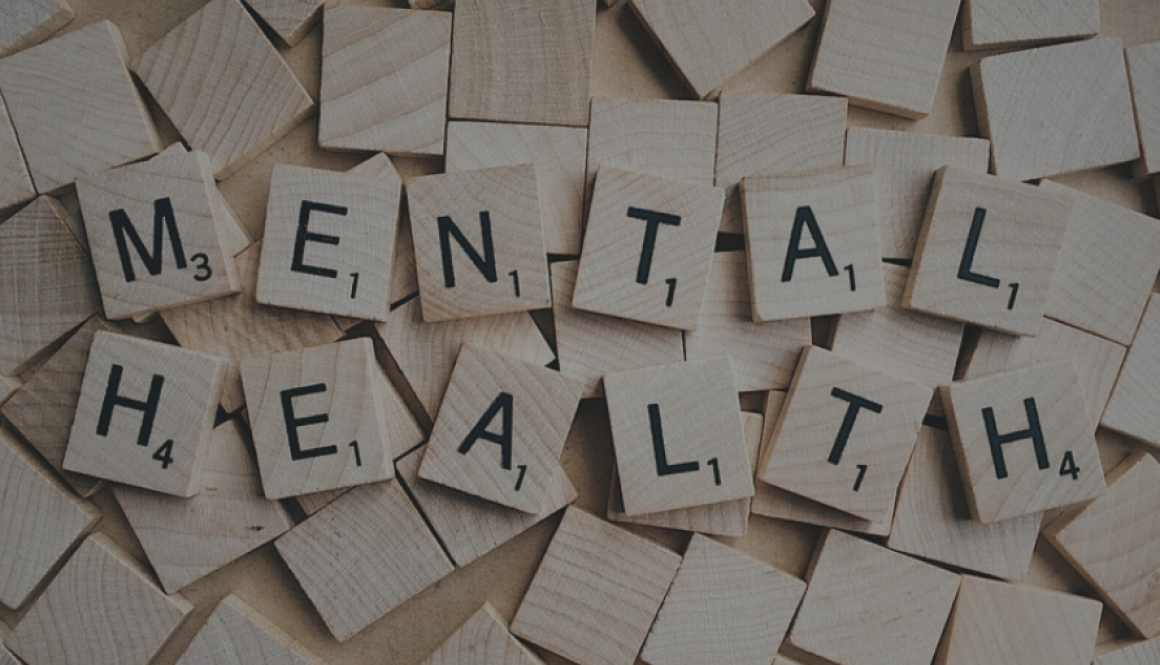
Mental well-being is at the core of emotions, thinking, communication, learning, and resilience—essential components in relationships and contributing to community life and society as a whole. Mental disorders are real illnesses that affect people of all backgrounds and can be effectively treated. Knowing the early warning signs and symptoms of any mental health conditions will allow you to access help quickly.
1. Mental health is a state of being
A healthy mind is at the core of living well. It enables you to work productively, form healthy relationships, and contribute back to your community while giving you an increased sense of self-worth and confidence. Mental health refers to our ability to effectively regulate emotions, thoughts, and behaviors—it covers a wide variety of conditions from mild to severe.
Mental illnesses share many of the same symptoms with physical illnesses such as heart disease; however, there are important distinctions. Biological factors, including genetics and brain structure and function, can play an integral part in each condition.
2. Mental illness is a medical condition
Mental illness is a medical condition that can interfere with emotions, thinking, and behavior—it must be treated as with any other illness.
Mental health disorders are caused by many different factors, including genes, brain chemistry, and life experiences. Sometimes they become so severe as to require hospitalization—though some countries have laws that allow people to be committed against their will for treatment purposes. But this can be contentious, as it interferes with an individual’s freedom, leading to social exclusion and potentially endangering mental health.
3. Mental health conditions are treatable
Mental health conditions are treatable, and primary care physicians can assist you in finding an individualized plan to address your symptoms and concerns. Your primary care doctor will likely conduct a complete health exam and blood work to detect any other possible underlying causes, as mental illness symptoms may overlap with or mimic other medical issues.
Know the signs and seek treatment when mental health crises emerge, such as abrupt shifts in mood or behavior and significant drops in sleep or energy levels. A few things to keep an eye out for include:Observe for significant mood shifts or behavioral alterations, as well as a decline in sleep or energy levels.
4. Mental health is a right
Mental health is a fundamental right as an integral component of well-being and an element of the World Health Organization Constitution, which states, “Health is defined as complete physical, mental, and social well-being and not solely by absence of disease or infirmity.” Unfortunately, people around the world often don’t receive sufficient care in maintaining good mental health.
There are too many obstacles preventing individuals from receiving necessary treatments, including stigmatization and lack of availability. Furthermore, people often experience coercion, abuse, and neglect from providers when receiving mental health services—this must change.
5. Mental health is a skill
As with physical health, mental wellness can also be affected by lifestyle factors. These may include diet, exercise, and sleep habits. Stress levels and relationships also have an impactful influence.
Think of mental health as an asset rather than an illness. Doing so can help disprove the notion that people inherit it or don’t. Additionally, this perspective makes it easier to spot indicators of mental health issues, like sudden personality changes or difficulty dealing with everyday challenges. As this definition suggests, regardless of its etiology—normal or abnormal function—what makes an unhealthy state into a disorder is its inability to be skillfully self-regulated by oneself.
6. Mental health is a right for everyone
The right to health encompasses not only physical but also mental well-being. People should have access to quality healthcare that addresses underlying social and economic factors that negatively affect their mental well-being. Genetics, environment, lifestyle choices, and childhood abuse all play a part in mental health disorders that interfere with relationships, work, and overall happiness.
Mental health should be available to everyone, regardless of where they reside. Urban communities may provide more resources for mental well-being than their rural counterparts do, while rural areas tend to struggle more with stigma and limited availability of care services. That’s why it’s crucial to prioritize your mental well-being!
7. Mental health is a right for everyone in the workplace
Work environments can have an enormous effect on mental health. A written mental health policy is an invaluable way to communicate values, dismantle stigmatization, and ensure greater transparency of benefits, care, and support services available at our workplaces.
Mental illnesses often leave those affected feeling embarrassed or frustrated with themselves, and they don’t understand why they cannot function normally like everyone else. Missed work shifts, difficult relationships, or even suicidality could all put individuals at risk; with proper treatment such as medication and psychotherapy, however, most can lead full and meaningful lives. Managers can serve as “first responders” when it comes to workplace mental health struggles and can create an inclusive work culture. Learning how to spot signs of mental health challenges early is vitally important.
8. Mental health is a right for everyone in the community
Mental health is essential to living a fulfilling, productive life. Mental health can be defined as an emotional state of well-being in which individuals realize their abilities, can effectively cope with normal stresses and demands, and make contributions to communities and societies.
Unfortunately, mental health often receives insufficient consideration from public policy and resources in many countries due to stigma, discrimination, and an absence of affordable access. With progress toward universal healthcare coverage on the agenda, it is vital that mental health be part of that equation through creating more empathetic services that reflect marginalized communities.
9. Mental health is a right for everyone in the world
People worldwide struggle to access mental health services. Even when available, individuals must often travel long distances and incur high costs before receiving necessary treatment. Many individuals with mental health conditions worldwide face human rights violations and coercive practices such as involuntary admission and treatment, making life unlivable without dignity for these vulnerable people.
Mental health goes beyond simply the absence of mental disorders; it encompasses being able to thrive, cope with stress, and make an important contribution to society—which makes mental well-being a human right worldwide.



